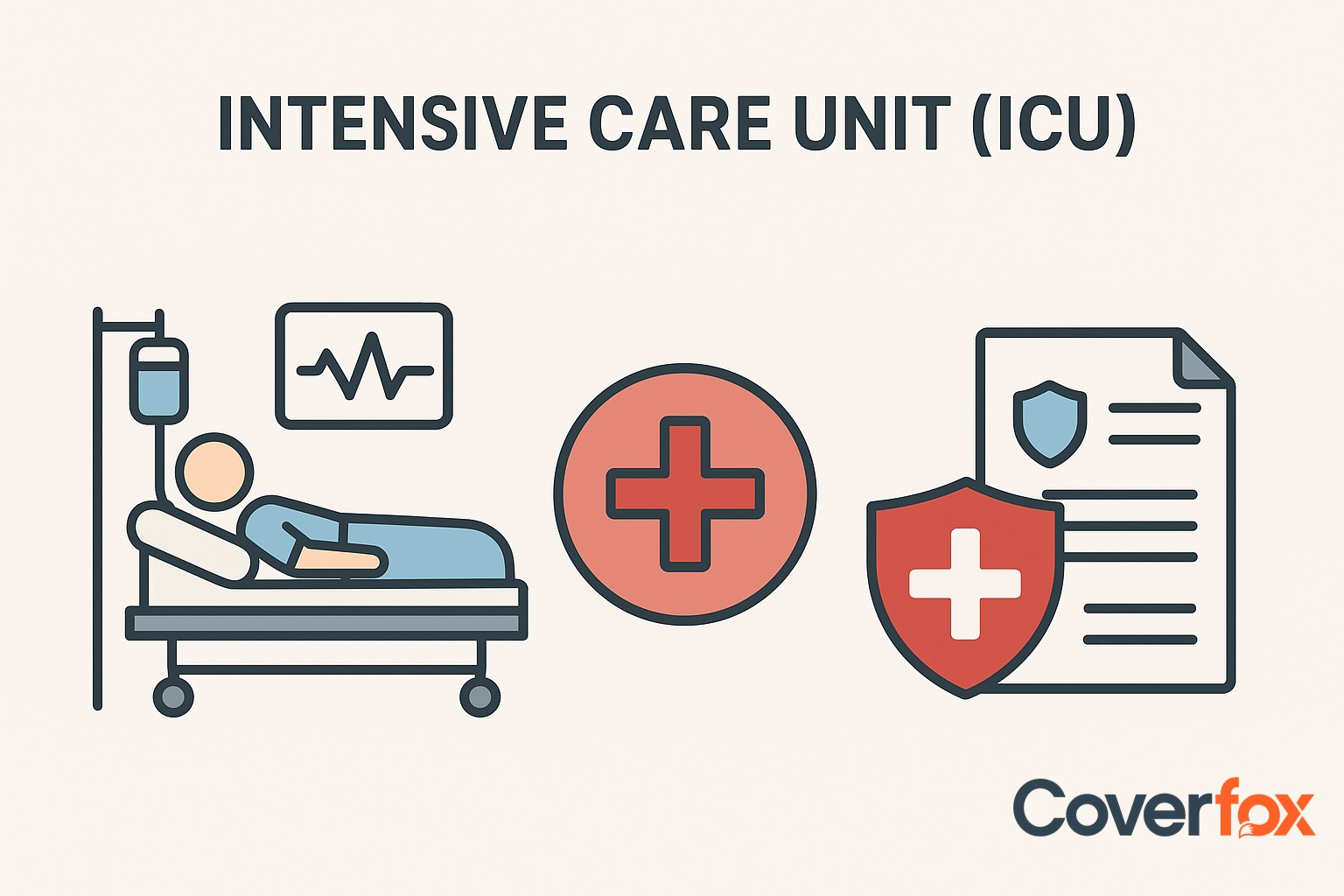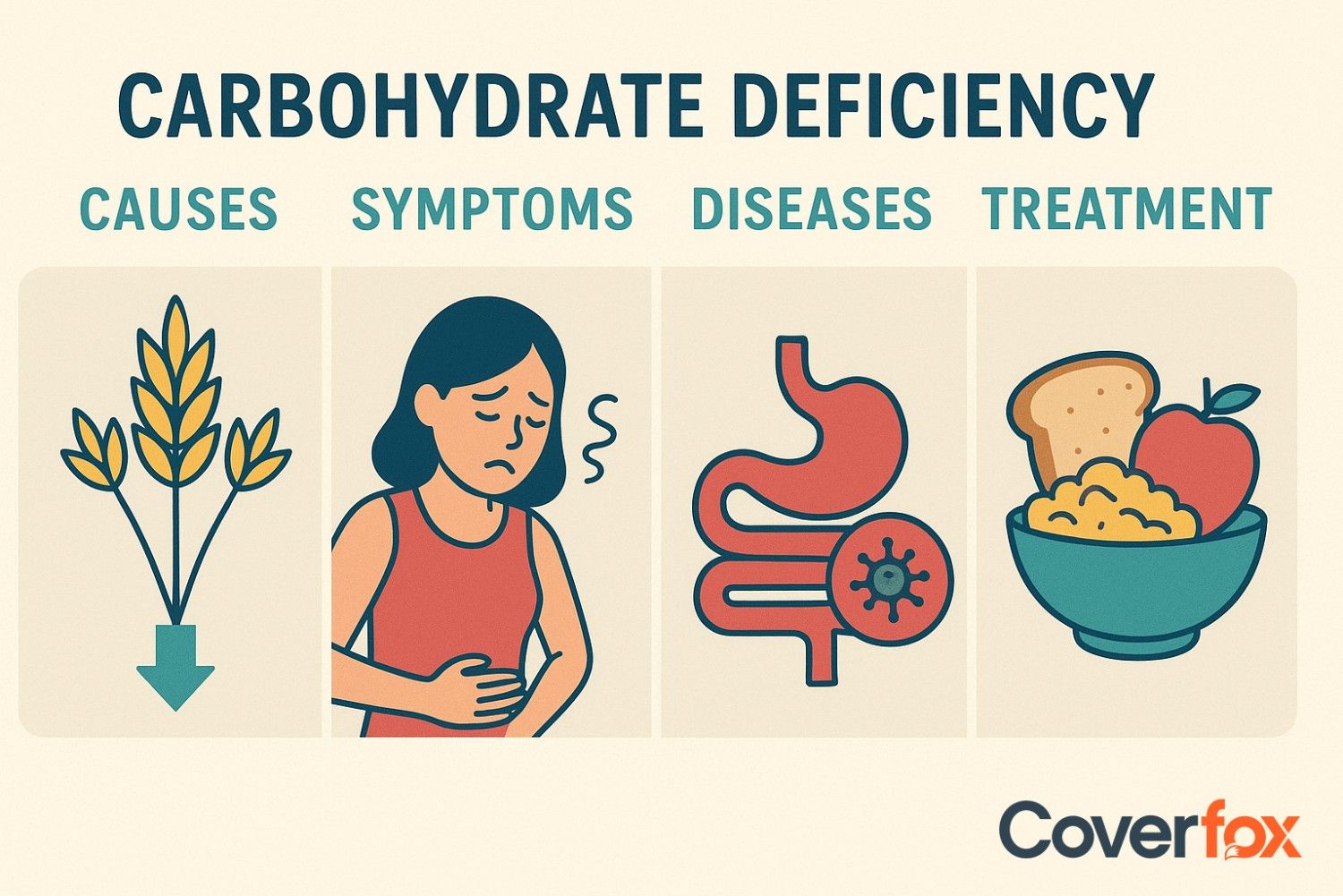It might be difficult to navigate the health insurance market. One area that often causes confusion is hospitalization expenses. These expenses can be divided into pre and post hospitalization costs. But what exactly does this mean?

Understanding Hospitalization Expenses
Hospitalization expenses are the costs incurred during a patient's stay in a hospital. They are a significant part of healthcare costs and can quickly add up. These expenses are typically covered by health insurance policies, but the extent of coverage can vary. It's essential to understand your policy's terms and conditions.
What are Pre-Hospitalization Expenses?
Pre-hospitalization expenses are the costs incurred before a patient is admitted to the hospital. These expenses can arise from diagnostic tests, doctor consultations, and medications prescribed before hospitalization. These costs are often necessary to diagnose and plan the treatment. They can be substantial, especially for severe illnesses that require extensive testing. Most health insurance policies cover pre-hospitalization expenses. However, the coverage period can vary, typically ranging from 30 to 60 days before hospitalization. It's crucial to check your policy details to understand the extent of coverage for pre-hospitalization expenses.
What are Post-Hospitalization Expenses?
Post-hospitalization expenses refer to the costs incurred after a patient is discharged from the hospital. These can include follow-up doctor visits, further diagnostic tests, and medications. These expenses are necessary for the patient's recovery and to prevent complications. They can continue for a significant period, depending on the patient's condition. Health insurance policies usually cover post-hospitalization expenses. The coverage period typically ranges from 60 to 90 days after discharge. Again, it's important to review your policy to understand the coverage for post-hospitalization expenses.
The Impact of Pre and Post Hospitalization Expenses on Healthcare Costs
Pre and post hospitalization expenses can significantly impact your overall healthcare costs. These costs can be high, especially for severe illnesses requiring extensive treatment. Health insurance can help manage these costs. However, the extent of coverage depends on your policy's terms and conditions. It's crucial to understand these terms to avoid unexpected out-of-pocket expenses.
Coverage Duration for Pre and Post Hospitalization Expenses
The coverage duration for pre and post hospitalization expenses varies among insurance policies. Typically, it ranges from 30 to 60 days for pre-hospitalization and 60 to 90 days for post-hospitalization. This duration is crucial as it determines the period for which you can claim these expenses. Always check your policy's coverage duration to ensure you can claim all eligible expenses.
Deductibles and Copayments
Deductibles and copayments are two key terms in health insurance policies. They significantly impact your out-of-pocket hospitalization expenses. A deductible is the amount you pay before your insurance coverage kicks in. A copayment is a fixed amount you pay for each service or visit. Understanding these terms can help you manage your hospitalization expenses effectively.
How Health Insurance Policies Handle Hospitalization Expenses
Health insurance policies handle hospitalization expenses in different ways. The coverage depends on the policy's terms and conditions. Some policies offer comprehensive coverage, including pre and post hospitalization expenses. Others may have certain exclusions. It's essential to read your policy document carefully to understand what's covered and what's not.
Cashless Hospitalization and Reimbursement Processes
Cashless hospitalization is a feature offered by many health insurance policies. It allows you to avail treatment without paying upfront at network hospitals. If cashless facility is not used, you can claim reimbursement. This involves paying for the treatment first and then submitting the bills to the insurer. Both processes have their own procedures, which you should be familiar with to ensure smooth claims.
Inpatient vs. Outpatient Care Expenses
Inpatient care refers to treatment that requires hospitalization. Outpatient care involves treatments that do not require an overnight stay in the hospital. Most health insurance policies cover inpatient care expenses, including pre and post hospitalization. However, coverage for outpatient care varies among policies. Understanding the difference can help you choose a policy that best suits your healthcare needs.
Maximizing Your Health Insurance for Hospitalization Expenses
To maximize your health insurance benefits, it's crucial to understand your policy terms. This includes knowing the coverage limits, exclusions, and waiting periods. You should also be aware of the claim process. This can help you avail of your benefits smoothly when needed. Lastly, consider add-ons or riders that can enhance your coverage. These can provide additional protection against high hospitalization expenses.
Tips for Ensuring Comprehensive Coverage
To ensure comprehensive coverage for your hospitalization expenses, compare different health insurance policies. Look at the coverage, exclusions, and premium costs. Consider your health condition and lifestyle. If you have chronic conditions or lead a high-risk lifestyle, opt for a policy with a higher sum insured. Lastly, review and update your policy regularly. This can help you keep up with changing healthcare costs and personal health needs.
Conclusion
Understanding pre and post hospitalization expenses can help you manage your healthcare costs effectively. It allows you to make the most of your health insurance benefits. With the right knowledge and a comprehensive insurance policy, you can navigate hospitalization expenses with confidence. This can provide you peace of mind during health emergencies.
Also Read: Impatient Hospitalisation vs. Outpatient Hospitalisation





